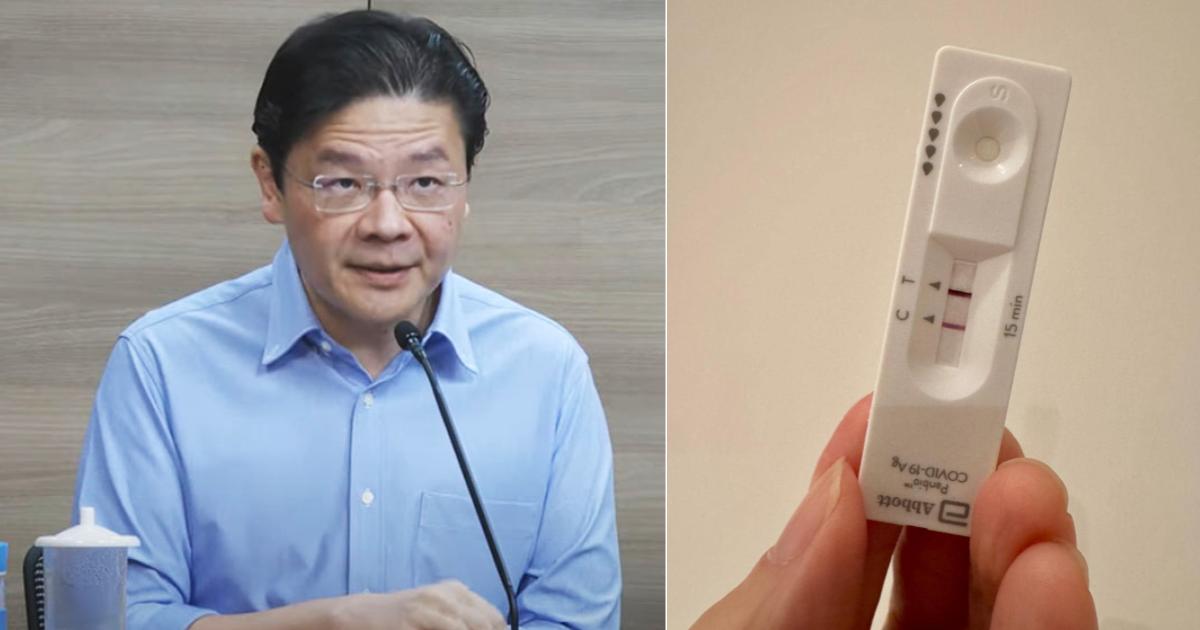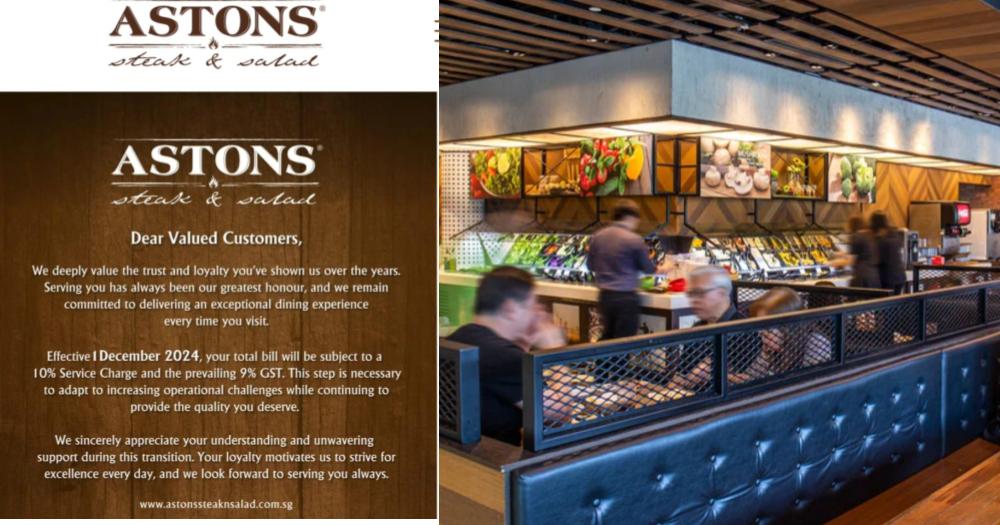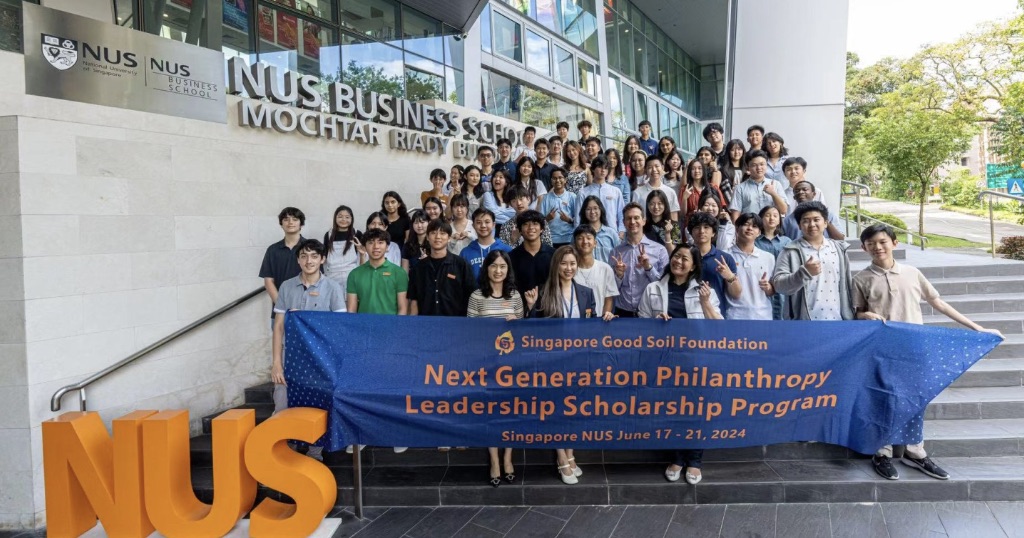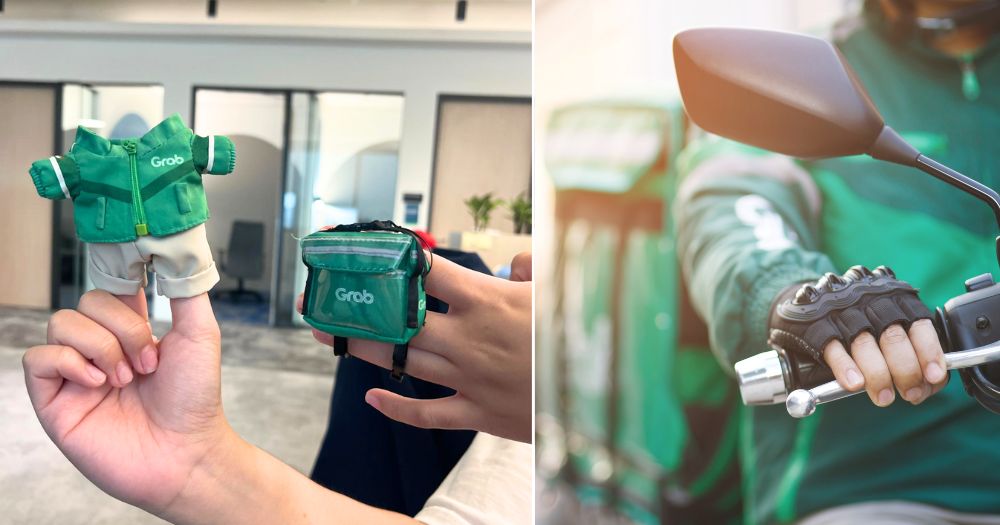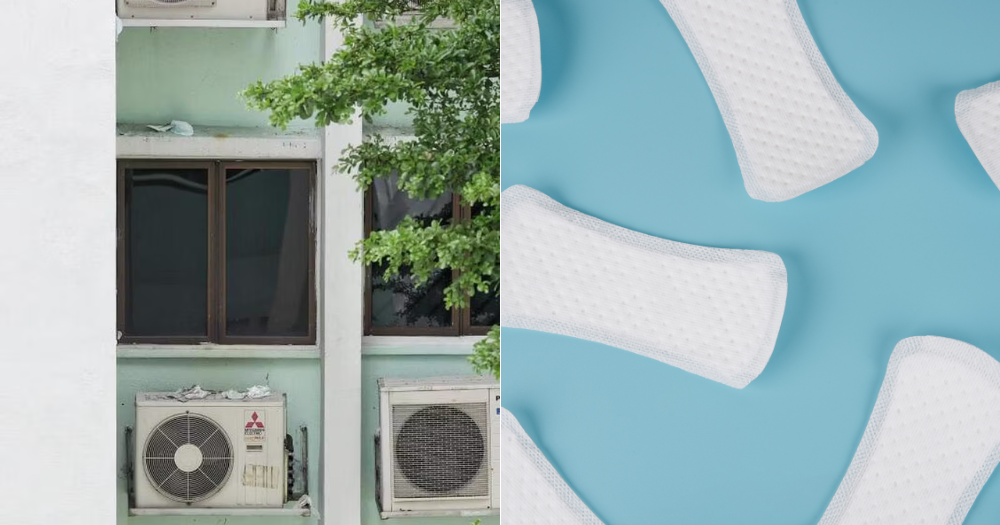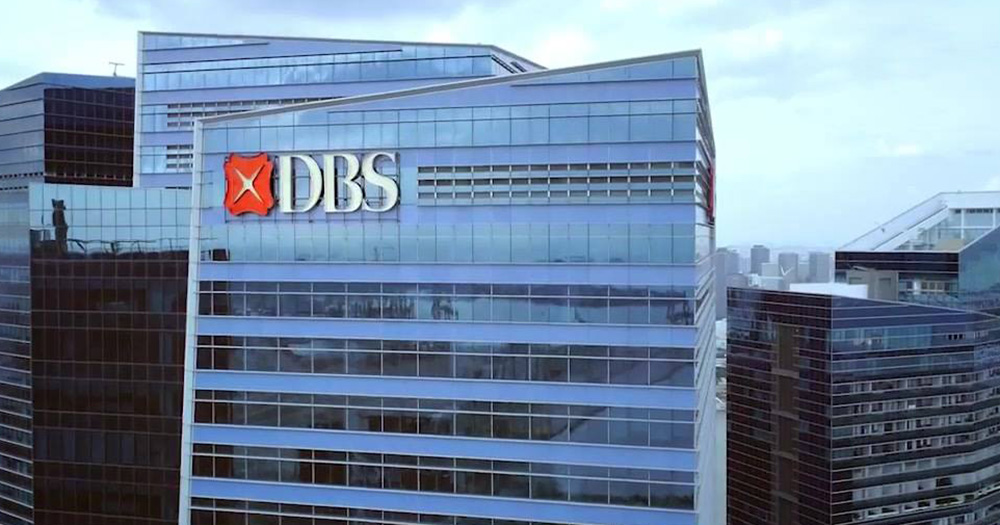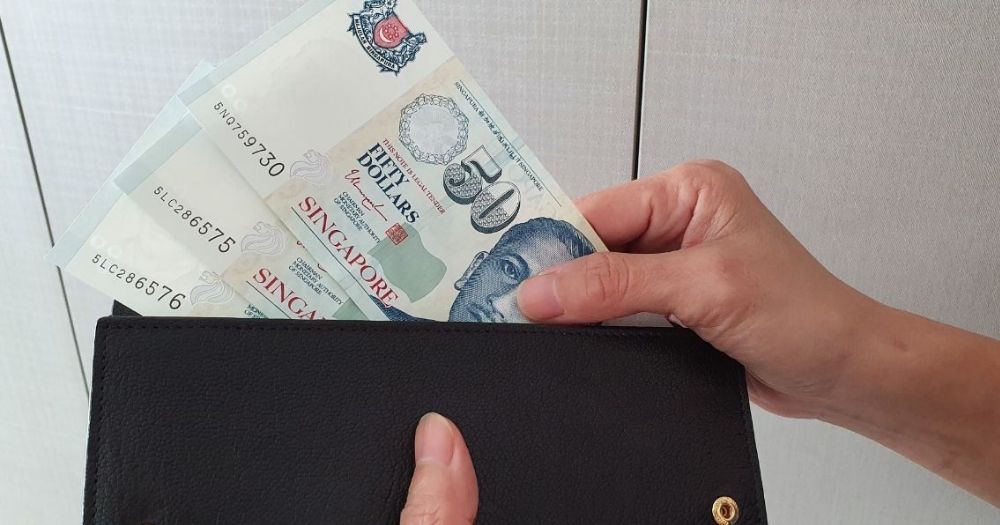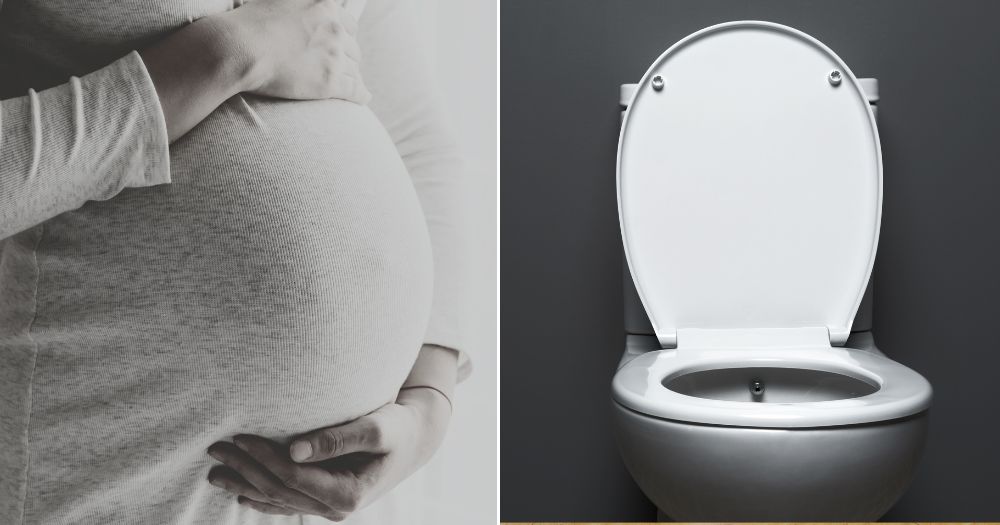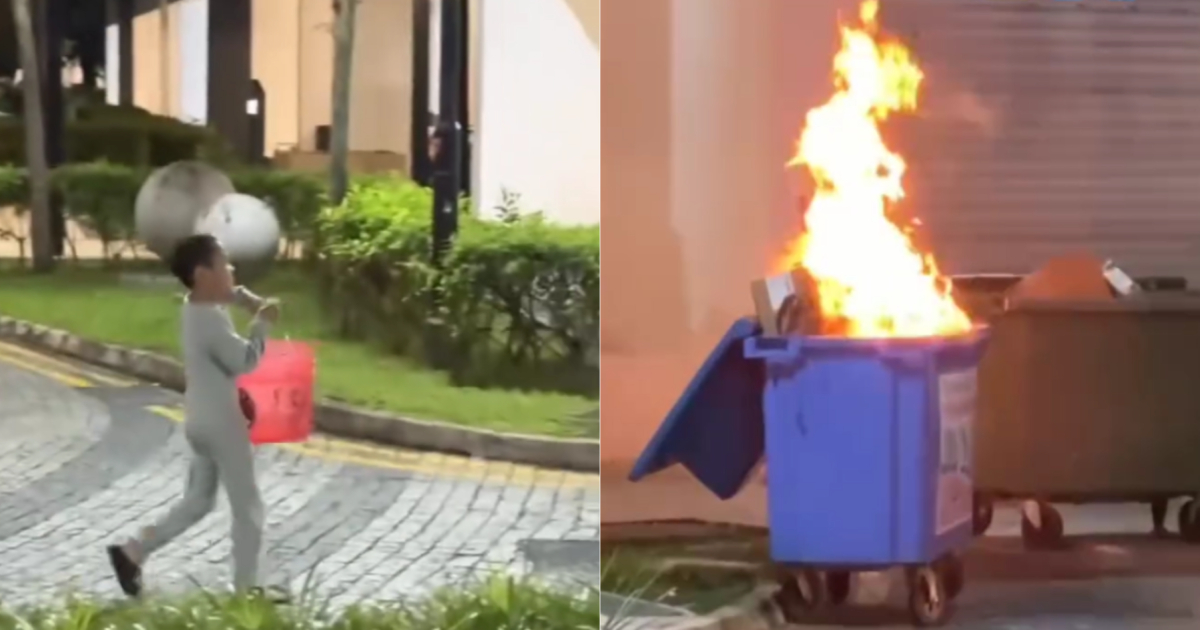No review of water agreement with S'pore for now: M'sia's energy & water deputy minister
Mutual benefit.
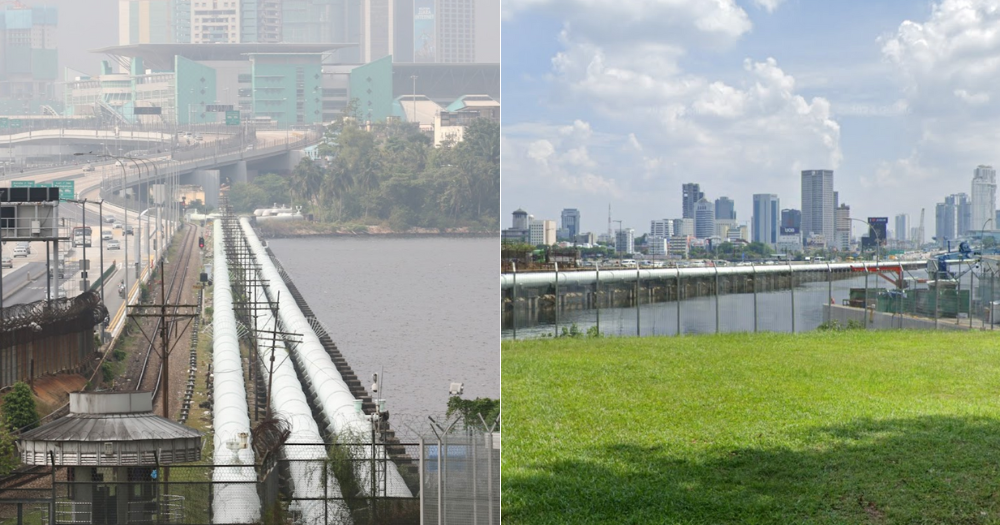
Deputy Minister of Energy Transition and Water Transformation Akmal Nasrullah Nasir told the Malaysian parliament on Dec. 2 that Malaysia will not renegotiate the raw water rates with Singapore at this time.
According to Free Malaysia Today, this was in response to a member of parliament's question about whether the government intends to revisit the terms of the Johor River Agreement 1962.
What are the terms of the agreement?
The 1962 Agreement entitles Singapore to draw and use 250 million gallons of raw water daily from the Johor River.
In return, Singapore provides Johor with treated water, and is obliged to provide up to two per cent of the amount of water imported.
During periods of severe and prolonged drought in Johor or when Johor's waterworks experience pollution or undergo routine maintenance, PUB also accedes to Johor's requests for more potable water.
This is supplied to Johor on a goodwill basis and without prejudice to Singapore's rights under the 1962 Water Agreement.
Water rates
In a follow-up question, the member of parliament asked about the economic impact on Malaysia if the price of raw water to Singapore is at "a rate that is considered a subsidy" and the long-term impact on water resources in Johor if the agreement continues.
Bernama reported that Akmal acknowledged that the price point for selling raw water to Singapore is low, at three sen (S$0.009) per 1,000 gallons, but said it provides economic returns to Malaysia.
He added that Johor currently buys an average of 16 million gallons of treated water a day at 50 sen (S$0.15) per 1,000 gallons.
"Comparing the cost of treating the same water ourselves, the average cost is about RM1.80 cubic metre. So, at that price, if we translate the price of gallons to cubic metres that we buy from Singapore, it is about 11 sen. So, there is reciprocity there," said Akmal.
"Hence, before we make or proceed with any decision, we need to achieve net zero dependency which is the ability to produce treated water in Johor."
Akmal pointed out that the target of achieving zero dependency to reduce Malaysia's dependency on Singapore for treated water may not be realised by 2030, Bernama reported.
"Therefore, the supply of treated water from Singapore is still needed to meet the water needs of Johor."
Top photos via Google Maps
MORE STORIES








